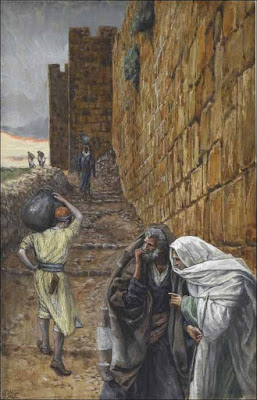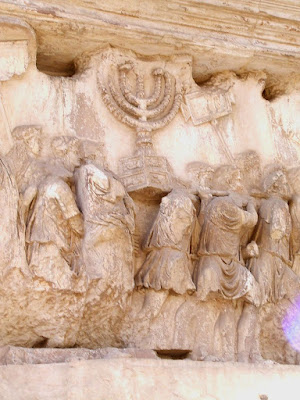Section 117, The Passover and Last Supper

Section 117 PREPARATION FOR PASSOVER DISCIPLES CONTEND FOR PRECEDENCE (Bethany to Jerusalem. Thursday afternoon and, after sunset, beginning of Friday.) MATT. 26:17-20 MARK 14:12-17 LUKE 22:7-18, 24- 30 The disciples were in Bethany at present but needed to go to Jerusalem to celebrate the Passover. Jesus made arrangements (either supernaturally or humanly) that they could celebrate this meal corporately. "He said, “Go into the city to a certain man and say to him, ‘The Teacher says, My time is at hand. I will keep the Passover at your house with my disciples.’” -Matthew 26:18 It's debatable as to whether Jesus' knowledge of this man with the water jar was supernatural or the result of pre-arrangement: "There can be little doubt that Jesus was acquainted with this man, and that he was a disciple. The direction which he gave his disciples most clearly proves that he was omniscient. Amid so great a multitude going at that time into the city, it was imposs

